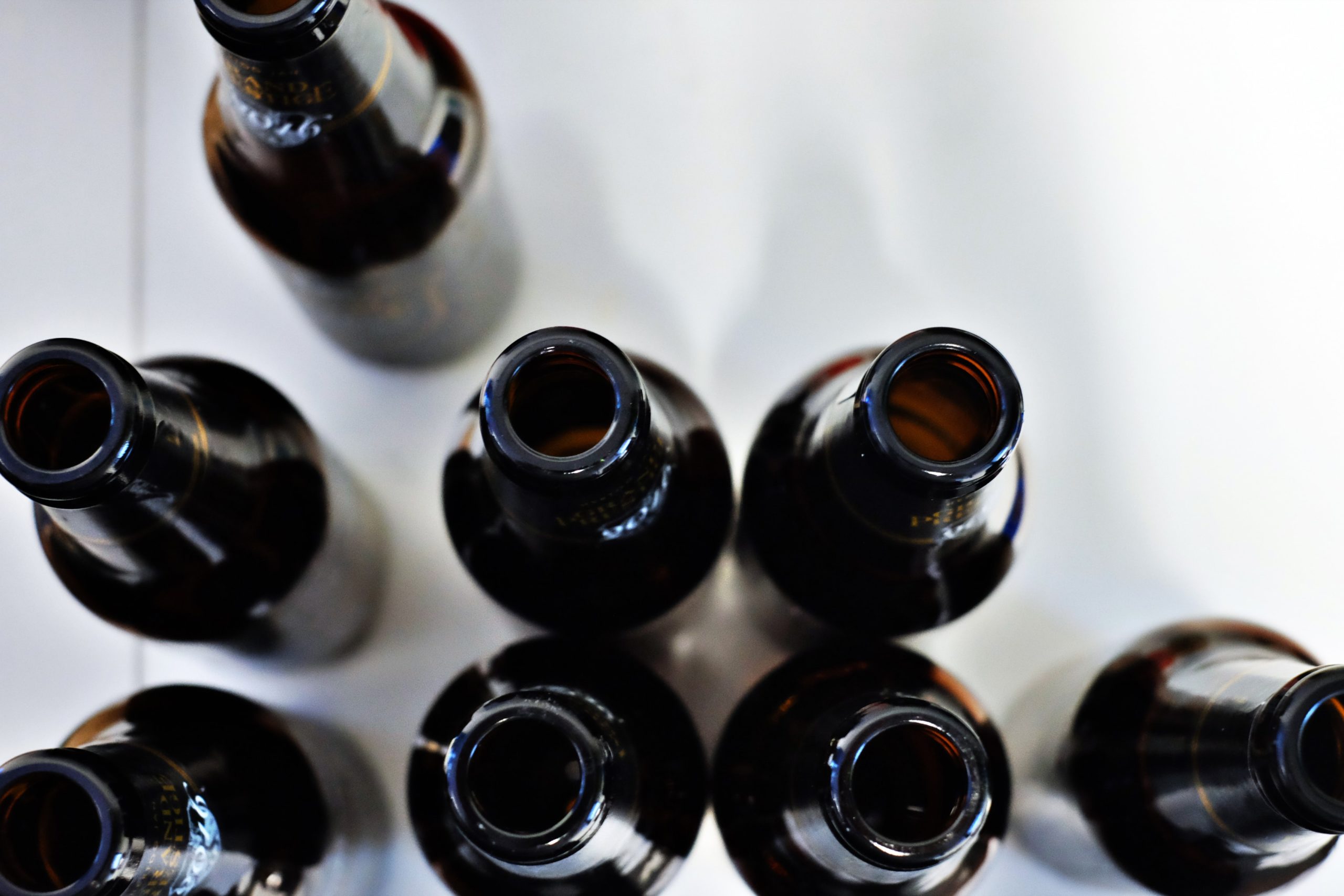
It can be difficult to admit when you have a problem with alcohol. It can be even harder to admit that someone you love is the one with the problem, especially if their dependence on alcohol is not obvious. Here are some of the signs — both subtle and visible — that can indicate you are living with an alcoholic.
They Drink to Manage Stress
Having a drink to decompress from a stressful day is common. However, when a person can’t cope with any of life’s challenges without a drink in hand, this is a sign that they have bled into addiction territory, relying on alcohol to provide their body with dopamine. The stress-reliever has morphed into a physical dependence.
They Have a High Tolerance for Alcohol
Some people boast of their high tolerance for alcohol, proudly making it known that people don’t even realize they’ve been drinking because they are so high-functioning. When it takes a lot of alcohol for someone to get drunk or they don’t even achieve a buzz anymore, it’s a sign their body is used to the presence of alcohol. And that’s dangerous.
They Drink to Excess
Enjoying yourself when alcohol is plentiful is normal. If your loved one drinks to excess anytime alcohol is in their orbit, that’s the sign of a problem. If they often black out, attempt to set limits but cannot honor them, or constantly struggle with controlling their impulses to reach for another drink, it’s clear that alcohol is no longer a way to occasionally let go, but has become a crutch.
Their Memory Is Fuzzy
An alcoholic doesn’t have to have blackouts to forget the kind of night they had. A long-term drinking habit is something that can damage the brain permanently, resulting in memory loss and cognitive impairment. Alcohol-induced amnesia can make it difficult for a heavy drinker to operate normally in everyday activities without getting lost in what’s happening, forgetting important facts, or blanking out when its their turn to contribute.
They Drink Alone
Drinking alcohol is often a social activity, something you do when hanging out with friends, eating a nice dinner with family, or attending a special event. If your loved one drinks frequently when they’re alone, things have gone beyond casual drinking. It’s a sign that more pleasure is derived from the alcohol than the social stimulation. If your loved one is tossing drinks back when they’re flying solo, this is a sign that their drinking needs go beyond what is socially acceptable and they need to drink alone to get their fill without anyone questioning their behavior.
They Rationalize Their Drinking Habits
Take a whiff of your loved one’s morning coffee or afternoon tea and find it smells more like alcohol than anything else? Drinking at odd hours — and especially at inappropriate times, like during work — is a warning sign that alcohol has become something a person depends on. They may justify their habit and make up excuses as to why a drink is needed at such an unusual time.
They Claim to Need Alcohol to Get Certain Things Done
If the person you love claims they need alcohol to sleep, chill out, socialize, or even work, this is a sign that drinking has become a problem. Alcoholics often tend to say that drinking enhances their ability to do things rather than hinder their efforts. What’s far more likely is that the person who makes this claim needs a steady stream of alcohol in their system to avoid withdrawal — the symptoms of which can really interfere with their performance.
They Get Defensive When You Mention Drinking
If you have confronted your loved one about the signs that they have a drinking problem and they deny or rationalize their behavior, their addiction may go beyond a physical to a psychological dependency as well. Recognizing addiction is difficult. Admitting that someone you love is reliant on alcohol is painful. But getting them to admit the same can feel impossible.
Learn more about holistic rehab and get the recovery support you need from the therapeutic team at Beachside Rehab. Contact our trained admissions counselors at 866-349-1770 to discuss your individual needs and how luxury rehab can work for you.
